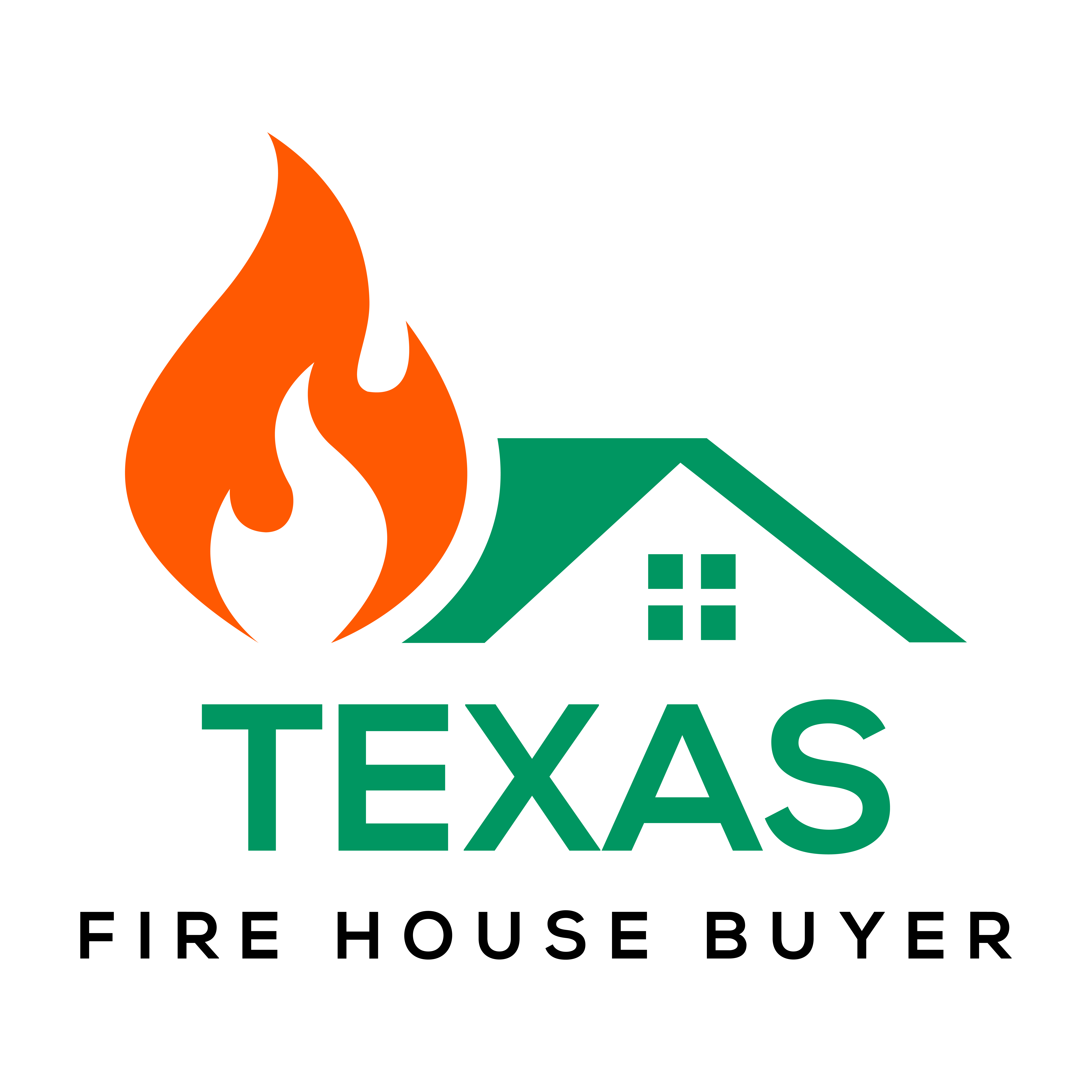Selling A House With Fire-Damaged In Fort Worth
I buy fire damaged houses in Fort Worth cash as is, get a fair offer today


We’ll Give You A No Pressure As-Is Cash Offer in 24 Hours
We’re Local, Can Close in 10 Days, Fast Cash




How To Sell A Fire Damaged House As Is In Fort Worth
If you’re looking to sell a house as-is in Fort Worth, we guide you through a simple 3-step process. Skip the agent hassle—get a free offer and close for cash in as little as 7 days, or on your schedule. From Tanglewood to Arlington Heights and Fairmount, our local team is ready to help. Try Sell Fire Damaged House Fort Worth today!



Fill Out Form
Fill out our form and we’ll get started on your free offer! No obligations.



Receive Cash Offer
We’ll research your property and call you with our fair offer in cash!


You Get Paid!
Money in your bank account at closing. As quick as 7 days!
Sell Your House Fast After a Fire
Selling your fire-damaged home in Fort Worth is easy with our stress-free process. Whether you’re in Tanglewood, Arlington Heights, or Fairmount, we help you move forward quickly so you can focus on what matters most.
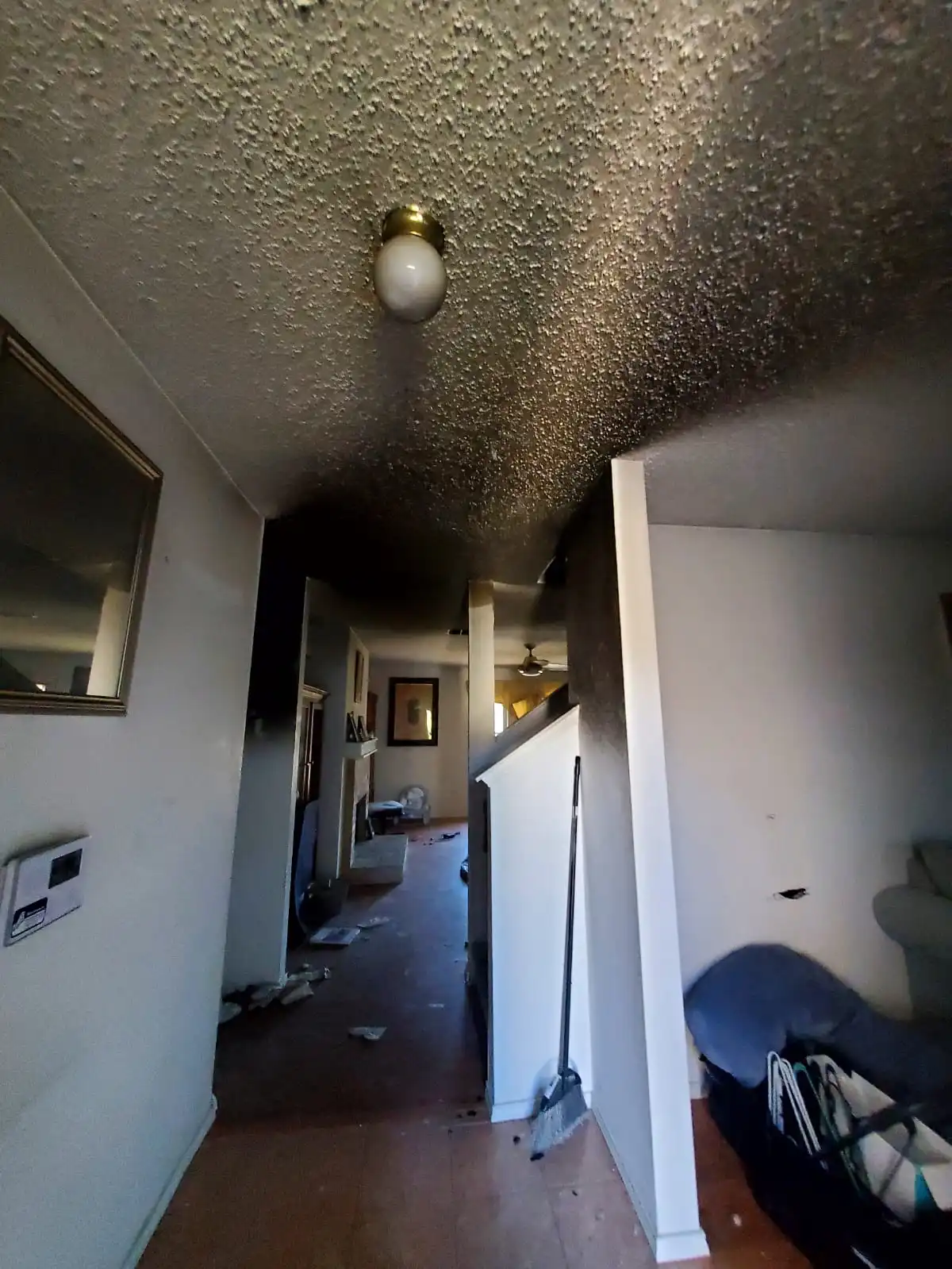
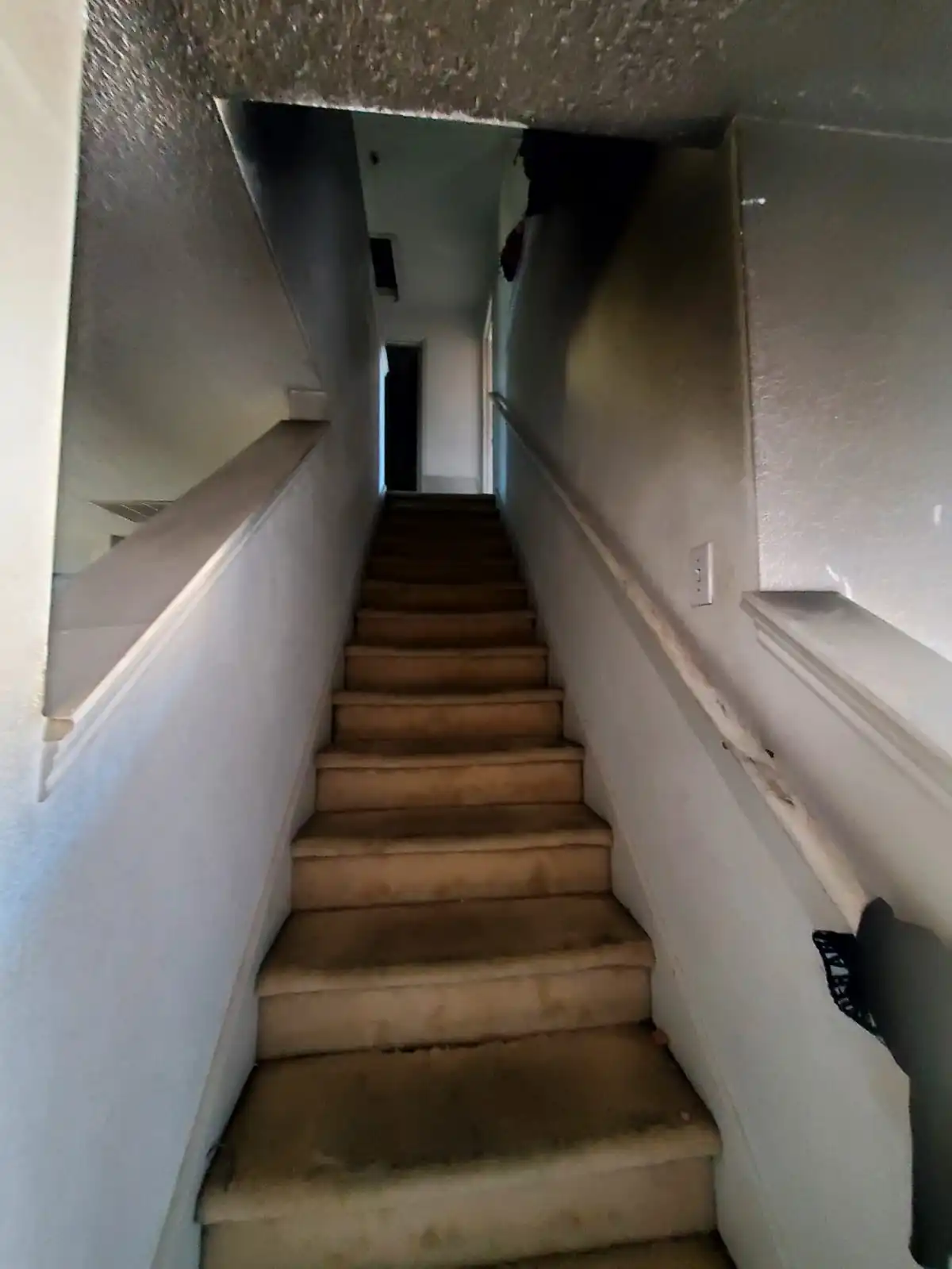
How To Sell A Burned Down Fire Damaged House In TX
- We Buy Fire Damaged Homes
- Selling a house with fire damage in Fort Worth requires weighing the pros and cons of various options, such as selling as-is or making repairs before listing.
- It is important to consult a fire damage restoration contractor to properly assess the damage and estimate repair costs in order to accurately price a house with fire damage.
- In Fort Worth, it is recommended to disclose fire damage when selling your property in order avoid potential legal disputes & financial liabilities.
We Buy Fire Damaged Homes As Is
We buy homes as-is throughout Fort Worth, from Tanglewood to Arlington Heights and Fairmount. No repairs, showings, or listings needed—whether you’re facing financial stress, probate, or just want a hassle-free sale, we make selling your house easy on your terms.

No Home Repairs
Selling your house as is means we take care of all the hassles!

No Agents
Skip paying for agent commission. We make home sales simple!

No Fees
Not only do we have NO agent or iBuyer fees, we cover closing costs!

Fast Closing
Sell your home in 7 days or on your timeline! We buy homes fast.

No Obligations
Take it or leave it. Our free cash offers come with no obligations.

Hassle Free
No agents. No inspection. No delays. We buy real estate as-is for cash!
Can I Sell A Fire-Damaged House In Fort Worth?
Although selling a fire-damaged house in Fort Worth is possible, it comes with its own set of challenges. The market value of the property is likely to be affected by the damage caused by the fire. This means that selling at a desirable price may be difficult. Additionally, potential buyers may be more inquisitive and cautious when considering such properties.
When selling your fire-damaged house in Fort Worth, you can either restore it or sell it as-is. If you decide to restore the property, you may face high repair costs and a lengthy rebuilding process. On the other hand, selling as-is can save you time and money, but may result in a lower selling price. Regardless of your decision, honesty about the damage and required repairs is critical.
Sell Fire Damaged House Fort Worth!
If a simple home sale that closes on your schedule sounds like what you need, come check us out. You can request a free quote for your house by filling out our form below!
We’ll Give You A No Pressure As-Is Cash Offer in 24 Hours
We’re Local, Can Close in 10 Days, Fast Cash
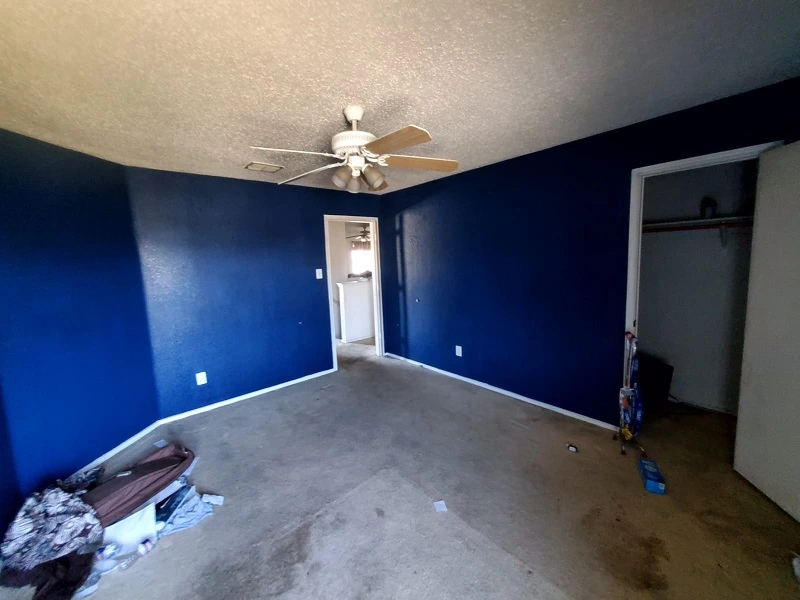
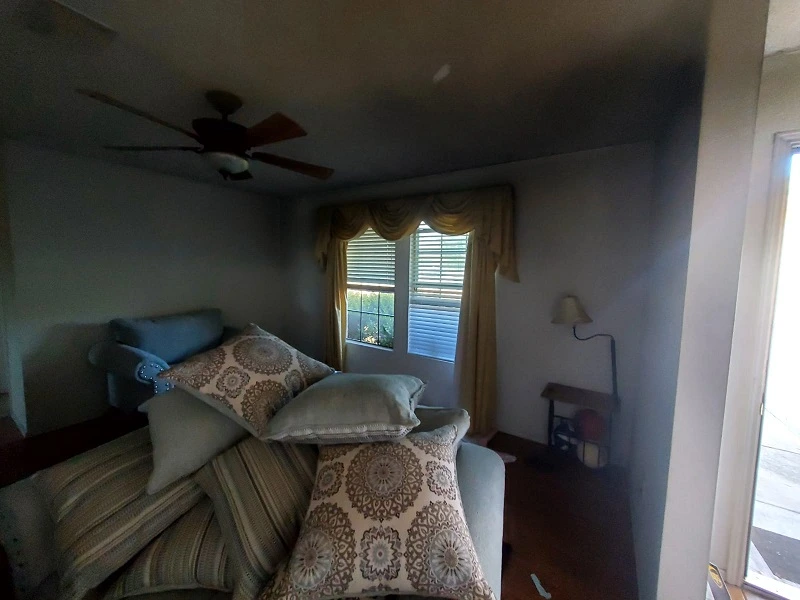
Fort Worth has developed a substantial fire protection network to serve its rapidly growing population and expansive city limits. Here’s the most accurate and current count of fire stations in Fort Worth, reflecting both operational and planned facilities.
Fort Worth Fire Department (FWFD) – 46 Fire Stations (45 year-round, 1 seasonal)
The Fort Worth Fire Department currently operates 46 fire stations, with 45 providing year-round service and one operating seasonally. This figure is confirmed by the department’s official facilities master plan and recent operational data. The city is actively expanding and upgrading its fire station infrastructure to keep pace with population growth, including the construction of new and replacement stations. This robust network ensures comprehensive emergency coverage across Fort Worth’s 345 square miles, supporting both urban and outlying communities. The distinction between year-round and seasonal stations reflects the department’s responsiveness to fluctuating service demands.
Fire restoration costs in Fort Worth vary depending on the extent of the damage, the size of the property, and the specific services required. Here’s a detailed breakdown based on the latest available data:
Average Cost Range
Typical total cost: $3,107 – $51,243, with most projects averaging around $27,175.
Low-end (minor smoke damage): As little as $800.
High-end (major structural damage): Can reach $180,000+ for severe, whole-home restoration.
Cost Per Square Foot
General range: $4.00 – $7.00 per sq. ft..
Example: Restoring a 2,500 sq. ft. home typically costs $10,625 – $16,250.
Breakdown by Service Type
- Service Type
- Water Damage Cleanup
- Soot Removal
- Smoke Damage Cleanup
- Remove Damaged Items
- Duct Cleaning
- Furniture Deodorizing
- Thermal FoggingTypical Cost Range
- $1,000 – $6,000
- $2,000 – $6,000
- $200 – $1,200
- $50 – $100 per lb.
- $250 – $500
- $200 – $1,000
- $200 – $600
The cost to build a new construction home in Fort Worth depends on the size, quality, and level of customization. Here’s a detailed breakdown based on the most recent data:
Cost Per Square Foot
- Basic/Builder-Grade: $120 – $210 per sq. ft.
- Standard/Entry-Level: $180 – $280 per sq. ft.
- Custom/Luxury: $280 – $400+ per sq. ft.
Total Build Cost Estimates
- Home Size (sq. ft.)
- 1,500
- 2,000
- 2,500
- 3,000
- Basic Estimate
- $180,000 – $315,000
- $240,000 – $420,000
- $300,000 – $525,000
- $360,000 – $630,000
- Custom/Luxury Estimate
- $420,000 – $600,000
- $560,000 – $800,000
- $700,000 – $1,000,000
- $840,000 – $1,200,000
- Average cost for a 3,000 sq. ft. home: $447,500 (excluding land)
- Entry-level new construction (1,600–1,700 sq. ft.): About $325,000
Land and Additional Costs
- Land: $4,600 – $12,000 per acre in rural areas; finished lots in DFW can range from $20,000 to $1+ million depending on location and size.
- Permits & Inspections: $1,500 – $6,000
- Sitework/Preparation: Not typically included in per-square-foot estimates.
Key Cost Factors
- Home size and design complexity
- Quality of materials and finishes
- Location within the Fort Worth area
- Labor and contractor fees
- Land acquisition and site preparation
The Fort Worth real estate market in 2025 is characterized by increased inventory, stable home prices, and a shift toward a more balanced environment for both buyers and sellers.
Key Market Metrics
- Median Home Price:
- The median sale price in Fort Worth is approximately $335,000–$348,000, reflecting a modest year-over-year increase of about 1.2–1.5%. Prices have remained steady, with only slight fluctuations throughout the past year.
- Inventory & Listings:
- Active listings have risen significantly—up 24.4% year-over-year in February 2025, with 2,805 homes on the market. Months of inventory increased to 3.1 months (up from 2.5 last year), indicating more options for buyers and moving the market closer to balance.
- Sales Activity:
- Closed sales in Tarrant County (which includes Fort Worth) decreased by 6.7% year-over-year, showing a slowdown in transaction volume even as demand remains steady. Homes are taking longer to sell, with average days on market rising to 69–100 days.
- Competitiveness:
- The market is somewhat competitive. Most homes receive about one offer, and the average sale is 2–3% below list price. Hot properties may still sell at or near asking price and go under contract faster (in about 19–23 days).
Trends and Outlook
- Balanced Market:
- The increase in inventory and stable prices signal a shift toward a more balanced market, giving buyers greater negotiating power and more choices, while sellers must price competitively and anticipate longer marketing times.
- Rental and Investment Market:
- The rental market remains strong, with rents projected to rise by 5–7% in 2025. Fort Worth’s revitalized neighborhoods and new multifamily developments are attracting both renters and investors.
- Regional Growth:
- Fort Worth continues to benefit from robust population growth, corporate relocations, and ongoing development, supporting long-term demand for housing.
Fort Worth is a city where Western heritage meets modern culture, offering a rich array of attractions for visitors and locals alike. Here are some of the most well-known and beloved city attractions that capture the spirit and diversity of Fort Worth.
Fort Worth Stockyards National Historic District
The Stockyards are the heart of Fort Worth’s cowboy legacy, featuring the world’s only twice-daily cattle drive, rodeos, historic buildings, shops, restaurants, and saloons. Visitors can immerse themselves in the Old West, visit the Texas Cowboy Hall of Fame, and experience live entertainment. This district is a must-see for anyone interested in Texas history and Western culture.
Fort worth Zoo
As the oldest major botanic garden in Texas, this 120-acre oasis features lush landscapes, a famed Japanese Garden, and year-round events. It’s ideal for those seeking tranquility, natural beauty, and educational experiences within the city.
Fort Worth Water Gardens
Designed by architect Philip Johnson, the Water Gardens are a striking urban park featuring waterfalls, pools, and fountains across 4.3 acres. This peaceful yet architecturally impressive spot is perfect for relaxation, photography, and enjoying a unique cityscape.
Kimbell Art Museum
Internationally acclaimed for its architecture and art collection, the Kimbell Art Museum showcases masterpieces from antiquity to the 20th century. Its serene setting and world-class exhibits make it a cultural gem for art enthusiasts.
Modern Art Museum of Fort Worth
This museum is celebrated for its collection of more than 3,000 post-WWII artworks and its stunning contemporary architecture by Tadao Ando. It’s a must-visit for modern art lovers and those interested in innovative design.
Sundance Square
Located in downtown Fort Worth, Sundance Square is a lively plaza surrounded by shops, restaurants, and entertainment venues. It hosts frequent events and live music, making it a vibrant gathering place for locals and tourists.
Fort Worth Museum of Science and History
A family-friendly destination, this museum features hands-on science exhibits, a planetarium, and IMAX films. It’s especially popular with children and those looking to combine learning with fun.
National Cowgirl Museum & Hall of Fame
This unique museum honors the women who shaped the American West, with engaging exhibits, films, and interactive displays. It celebrates both historical and contemporary heroines, offering a fresh perspective on Western history.
JFK Tribute in Fort Worth
This downtown landmark commemorates President John F. Kennedy’s historic visit to Fort Worth in 1963. It’s a meaningful site for history buffs and those interested in presidential history.
Fort Worth features a diverse mix of neighborhoods, each with its own character, amenities, and appeal. Here are some of the most well-known and sought-after neighborhoods in Fort Worth as of 2025:
Notable Neighborhoods in Fort Worth
Arlington Heights
A vibrant, established neighborhood just west of downtown, Arlington Heights is known for its cozy bungalows, Craftsman-style homes, and tree-lined streets. It offers easy access to the Cultural District, Trinity Park, and West 7th, making it popular with families and young professionals.
Fairmount
As the largest historic district in Fort Worth, Fairmount is celebrated for its early 20th-century Craftsman and Victorian homes, walkability, and strong sense of community. The neighborhood borders the lively Magnolia Avenue, packed with dining and boutique shopping.
Rivercrest
One of the city’s most prestigious areas, Rivercrest features luxurious historic mansions and custom estates, many with views of the Trinity River. It’s home to the River Crest Country Club and offers a quiet, upscale living experience close to downtown.
Tanglewood
Known for its excellent schools, large homes, and proximity to the Trinity Trails, Tanglewood is a top choice for families and outdoor enthusiasts. The neighborhood boasts beautiful green spaces and a welcoming community vibe.
Westcliff
Home to Texas Christian University (TCU), Westcliff is a lively yet peaceful neighborhood with mid-century modern and ranch-style homes, large yards, and great schools. It’s ideal for families, students, and faculty.
Downtown Fort Worth
For those who love urban living, Downtown offers high-rise condos, lofts, and luxury apartments with walkability to Sundance Square, top restaurants, and entertainment venues.
Near Southside
An artsy, eclectic area with a mix of historic homes and new apartments, Near Southside is home to Fort Worth’s medical district, a thriving arts scene, and vibrant nightlife centered on Magnolia Avenue.
Monticello
Located near the Cultural District, Monticello features tree-lined streets, traditional and Tudor-style homes, and a quiet, family-friendly atmosphere with easy access to museums and parks.
Oakhurst
A hidden gem with historic charm, Oakhurst offers affordable Craftsman bungalows and Tudor homes, rolling hills, mature trees, and a tight-knit community vibe.
Bluebonnet Hills
A quaint neighborhood near TCU, Bluebonnet Hills is known for its walkability, cottage-style and ranch homes, and a laid-back community feel.
Mistletoe Heights
A picturesque, historic neighborhood with mature trees, scenic views, and proximity to the Fort Worth Zoo and Trinity River, Mistletoe Heights is prized for its character and tranquility.
Ridglea Hills
A well-established area with rolling hills, traditional and modern homes, and a friendly community, Ridglea Hills offers local parks and easy access to city amenities.
Expert Tips to Sell My Fire-Damaged House in Fort Worth Fast
Fire damage can transform a cherished Fort Worth home into an overwhelming challenge overnight. The path forward might seem uncertain, but Fort Worth homeowners have multiple viable options for selling their fire-damaged properties.
From working with specialized cash buyers to exploring traditional market sales, each approach offers distinct advantages based on your specific situation and timeline.
Understanding the full scope of your options starts with proper damage assessment and documentation. Your property’s current condition, insurance considerations, and local market factors all play crucial roles in determining the best path forward.
Fort Worth law provides specific frameworks for selling damaged properties, while various buyer categories – from investors to traditional homebuyers – represent different opportunities for maximizing your sale value.
The journey from fire damage to successful sale requires careful navigation of insurance claims, property evaluations, and strategic pricing decisions. Whether you choose to repair before selling or offer your property as-is, Fort Worth’s robust real estate market provides multiple pathways to transform this challenge into an opportunity for a fresh start.
By understanding your rights, responsibilities, and available options in the Fort Worth market, you can make informed decisions that align with your circumstances and goals.
Immediate Actions After Fire Damage
Fire damage to your Fort Worth home can feel overwhelming, but I’ve learned through helping numerous homeowners that taking quick, strategic action makes all the difference. Let’s walk through the essential steps that’ll help protect both your safety and your property’s value.
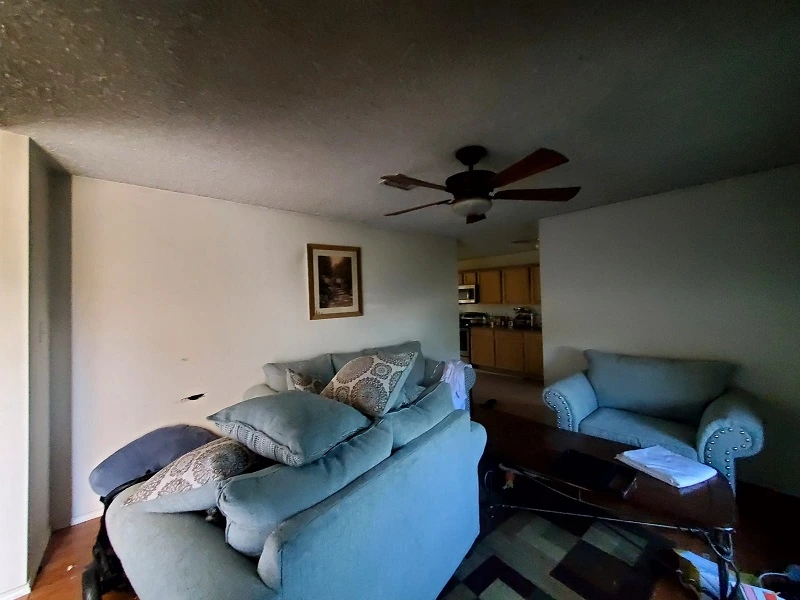
Safety Assessment and Documentation
Your safety comes first, period. Never enter your property until fire department officials give you the green light. Once they do, grab your phone or camera – you’ll want to document everything.
I always recommend taking both photos and videos of every damaged area, no matter how minor it seems. This thorough documentation isn’t just for insurance; it builds trust with potential buyers by showing complete transparency about the property’s condition.
Insurance Company Communication
Pick up that phone and call your insurance provider right away – ideally within 24 hours of the fire being contained. Your insurance company will send an adjuster to check things out and figure out what’s covered. Here’s a pro tip I’ve learned: create a dedicated folder (physical or digital) for all insurance-related items:
•Email correspondence
•Phone call logs with dates and times
•Notes from in-person meetings
•Copies of any submitted documents
This organized approach creates a clear paper trail that proves invaluable when discussing your property with potential buyers or investors.
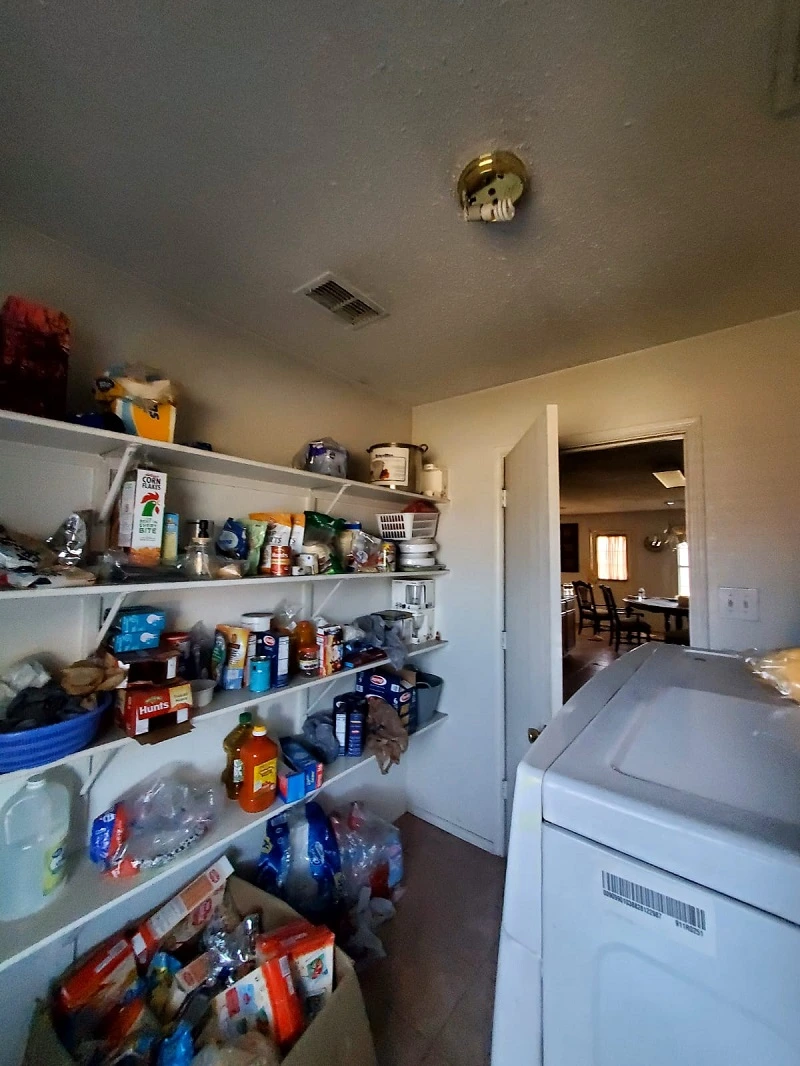
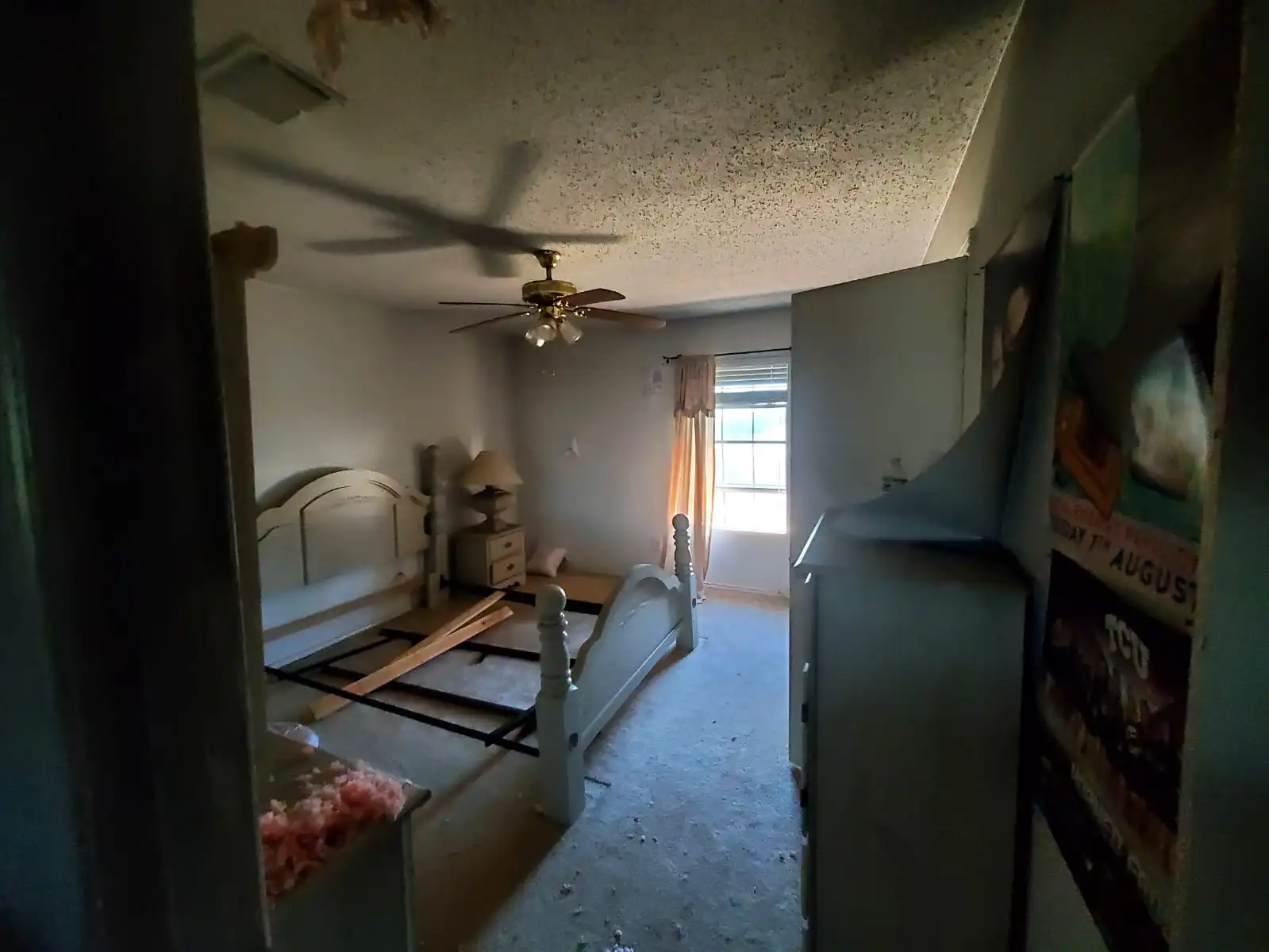
Temporary Living Arrangements
Finding a safe place to stay might feel like a hassle, but it’s crucial for your well-being. Many insurance policies include temporary housing coverage – something I’ve seen many homeowners overlook in the stress of the moment. Take time to review your policy or ask your insurance agent about:
• Hotel accommodation coverage
• Rental property allowances
• Duration of temporary housing benefits
• Additional living expense coverage
Having stable temporary housing gives you the mental space to make clear-headed decisions about your property’s future.
Professional Damage Evaluation
Getting a professional assessment isn’t just helpful – it’s essential. I’ve seen how a qualified inspector’s evaluation can make or break a property sale. They’ll examine:
• Structural integrity
• Electrical system damage
• Hidden damage behind walls
• Smoke and soot penetration
• Water damage from firefighting
• Air quality concerns
This thorough evaluation becomes your roadmap, helping you:
• Understand repair costs and timelines
• Make informed decisions about selling as-is versus repairing
• Set realistic price expectations
•Build credibility with potential buyers through professional documentation
Remember, transparency about your property’s condition builds trust with potential buyers and can actually streamline the selling process, even with fire damage.

Property Value Considerations
Understanding how fire damage affects your property’s value is crucial for making informed decisions about selling your Fort Worth home. I’ve guided numerous homeowners through this challenging situation, and I’ll share what I’ve learned about the key factors that influence property worth.
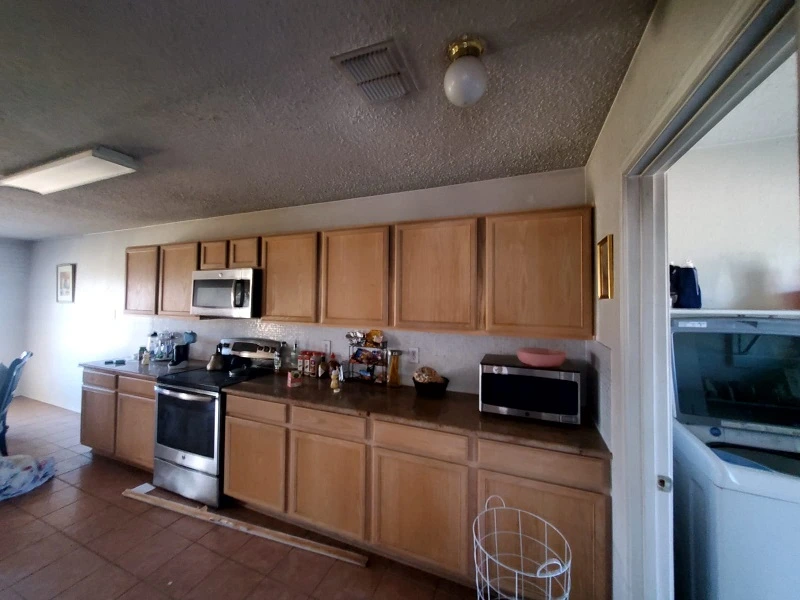
Impact of Fire Damage on Market Value
Fire damage typically reduces a property’s market value significantly. Through my experience in the Fort Worth real estate market, I’ve seen that even minor smoke damage can impact value by 10-15%, while severe structural damage might decrease it by 40% or more.
The good news? Many Fort Worth real estate investors and cash buyers actively seek these properties as investment opportunities. While this can work in your favor for a quick sale, keep in mind that your property might carry a stigma affecting future resale value, even after complete restoration.
Cost Analysis of Repairs
I always recommend getting a thorough cost analysis before deciding between selling as-is or investing in repairs. Here’s what you’ll typically need to budget for in Fort Worth:
• Structural repairs and rebuilding (often the most significant expense)
• Smoke and soot removal from all surfaces
• Water damage restoration from firefighting efforts
• Electrical system repairs or complete rewiring
• HVAC system cleaning or replacement
• Interior finish restoration (walls, floors, ceilings)
• Exterior repairs and cosmetic improvements
Getting at least three contractor estimates will give you a clear picture of repair costs versus potential returns. In my experience, this comparison often helps homeowners make confident decisions about their next steps.
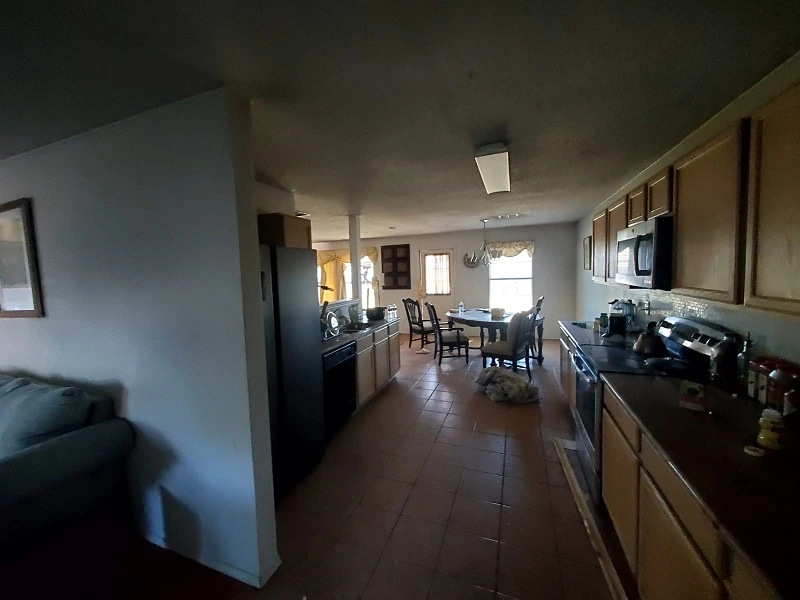
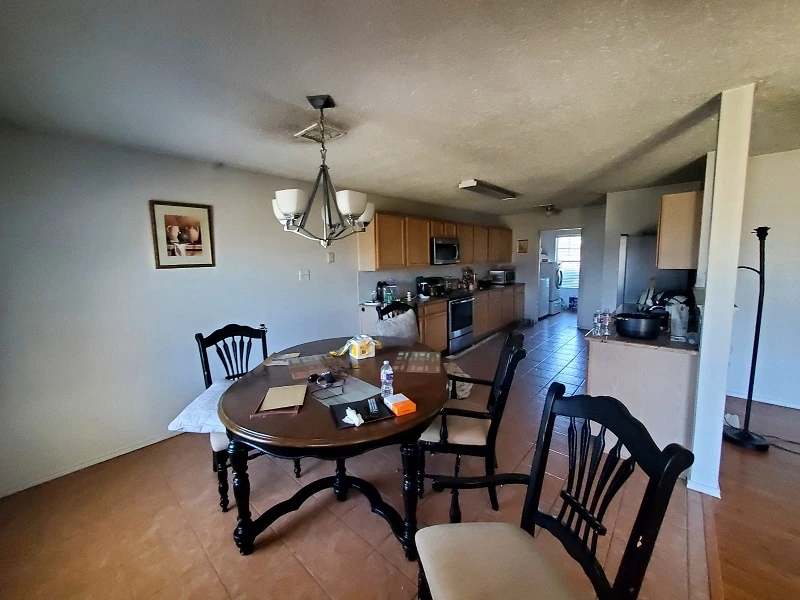
Property Tax Implications
Here’s something many homeowners don’t realize: fire damage can actually lead to temporary tax relief. Fort Worth tax assessors often assess property values based on significant damage, potentially reducing your tax burden while you work through this challenging situation.
I’ve seen various Fort Worth counties offer temporary reductions in property taxes during the repair period. Contact your local tax assessor’s office immediately after the fire – they’ll guide you through the reassessment process and potential tax adjustments.
Setting Realistic Price Expectations
When pricing your fire-damaged home, you’ll need to consider several key factors:
• Current property condition and damage extent
• Local Fort Worth market conditions
• Recent sales of similar damaged properties
• Estimated repair costs
• Land value separate from the structure
• Neighborhood comparable sales
Based on my work with Fort Worth real estate investors, most expect a 30-50% discount on fire-damaged properties compared to homes in good condition. While this might seem steep, remember that as-is sales typically close faster and eliminate repair headaches.
I recommend getting a professional appraisal specifically experienced with damaged properties. They’ll provide a detailed analysis considering all these factors, helping you set a realistic price that attracts serious buyers while protecting your interests.
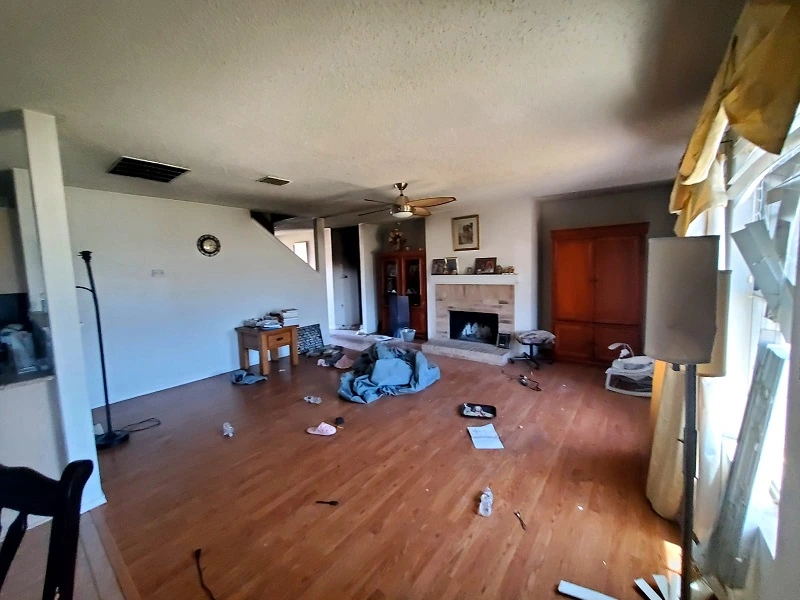
Selling Options In The Fort Worth Market
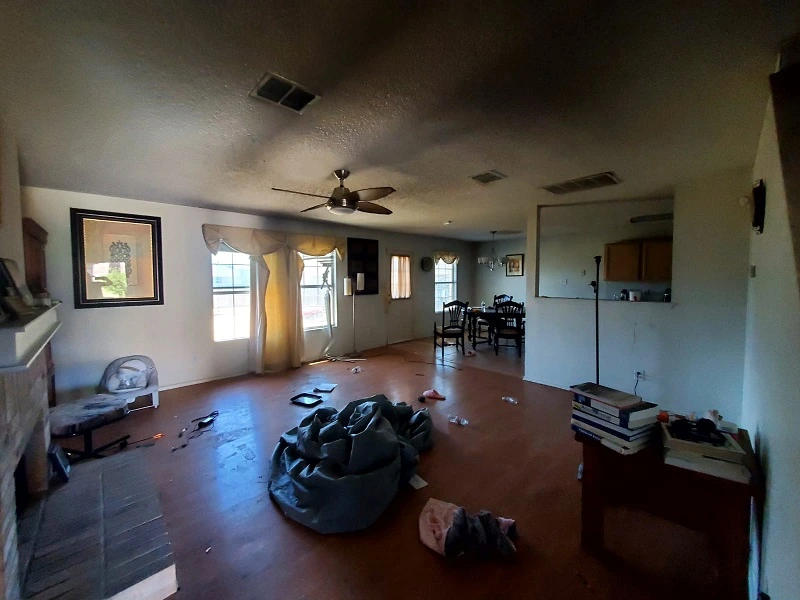
Cash Buyers And Real Estate Investors
From my experience working with fire-damaged properties, cash buyers and real estate investors often provide the most hassle-free solution. These buyers have become my go-to recommendation for homeowners who need a quick, straightforward sale.
Key benefits include:
• Lightning-fast closings (often within 7-14 days)
• Zero repair requirements or renovation costs
• No commission fees or closing expenses
• Streamlined paperwork process
• As-is purchase guarantees
• No property inspection requirements
I’ve noticed that Fort Worth has a particularly active investment community specializing in fire-damaged properties, making this an especially viable option for local homeowners.
Traditional Real Estate Market
If your property has minimal damage or you’ve already completed some repairs, the traditional real estate market might be your best bet. Working with a licensed Fort Worth real estate agent brings valuable expertise to your sale:
• Professional marketing campaigns targeting qualified buyers
• Expert negotiation support
• Thorough pricing analysis
•Proper handling of all required disclosures
• Access to the Multiple Listing Service (MLS)
While this route typically takes longer, I’ve seen properties with minor damage fetch impressive prices through traditional sales.
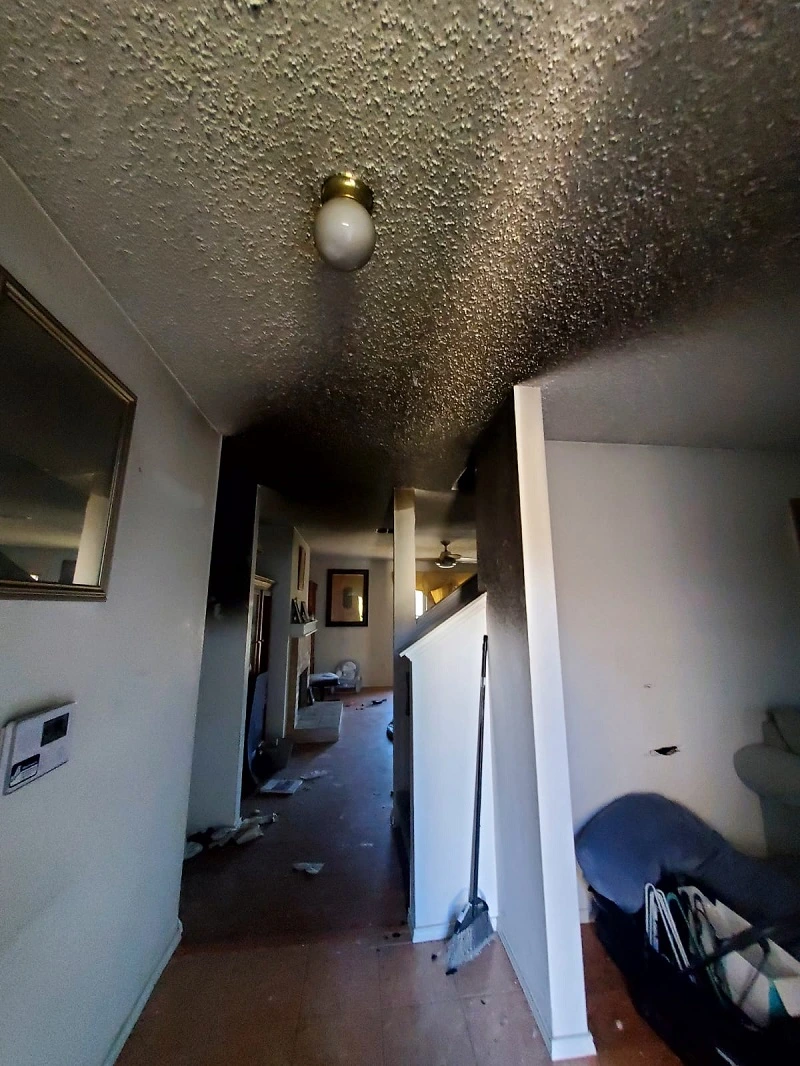
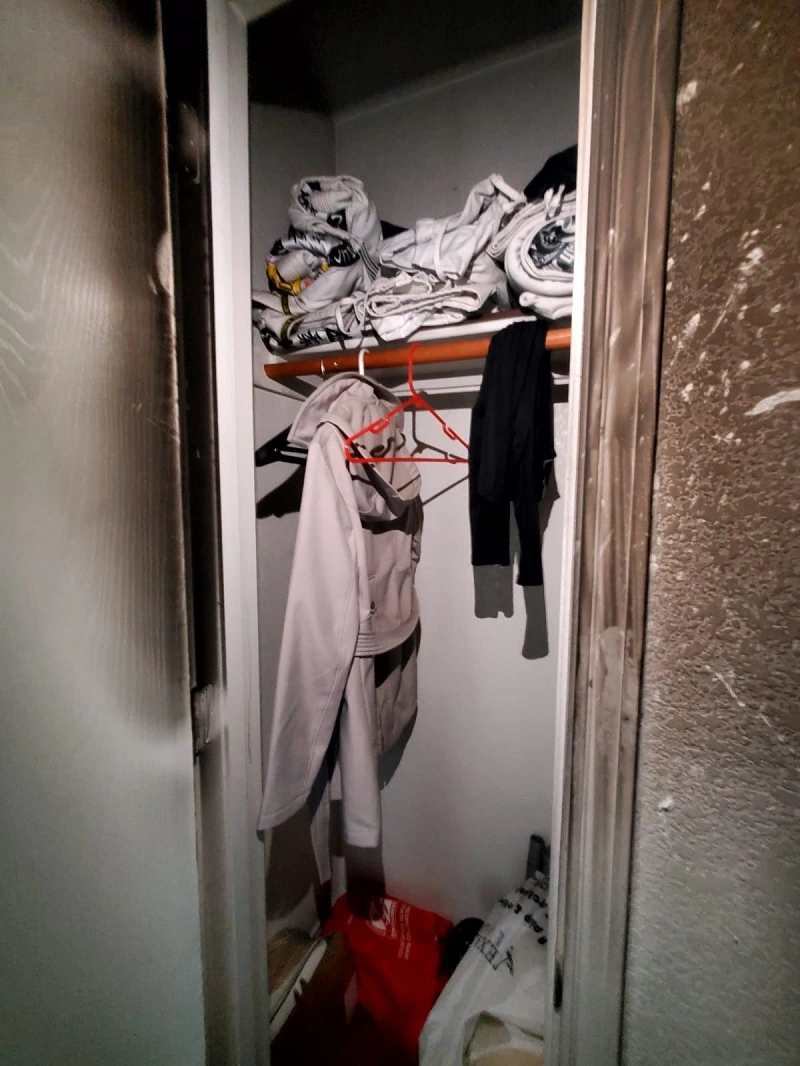
Auction Process
The auction method can create an exciting atmosphere of competition among buyers. I’ve witnessed successful auction sales that delivered these advantages:
• Clear-cut sales timeline
• Market-driven price discovery
• Minimal ongoing property expenses
• Immediate exposure to multiple qualified buyers
• Structured bidding process
Pro tip: The success of an auction largely depends on current market conditions and local investor activity, so timing can be crucial.
For Sale By Owner Approach
Taking control through a For Sale By Owner (FSBO) approach can work well for hands-on property owners. You’ll need to be comfortable managing:
• Property marketing and advertising
• Buyer showings and negotiations
• Legal documentation requirements
• Title company coordination
• Disclosure compliance
• Closing process management
I’ve seen savvy owners successfully handle FSBO sales, but it’s essential to understand that selling a fire-damaged property requires extra attention to documentation and disclosure details.
The Fort Worth market offers these diverse selling options to match different situations and comfort levels. Through my work with numerous fire-damaged properties, I’ve found that cash buyers and investors typically provide the smoothest transaction process, especially when owners prioritize speed and simplicity over maximum sale price.
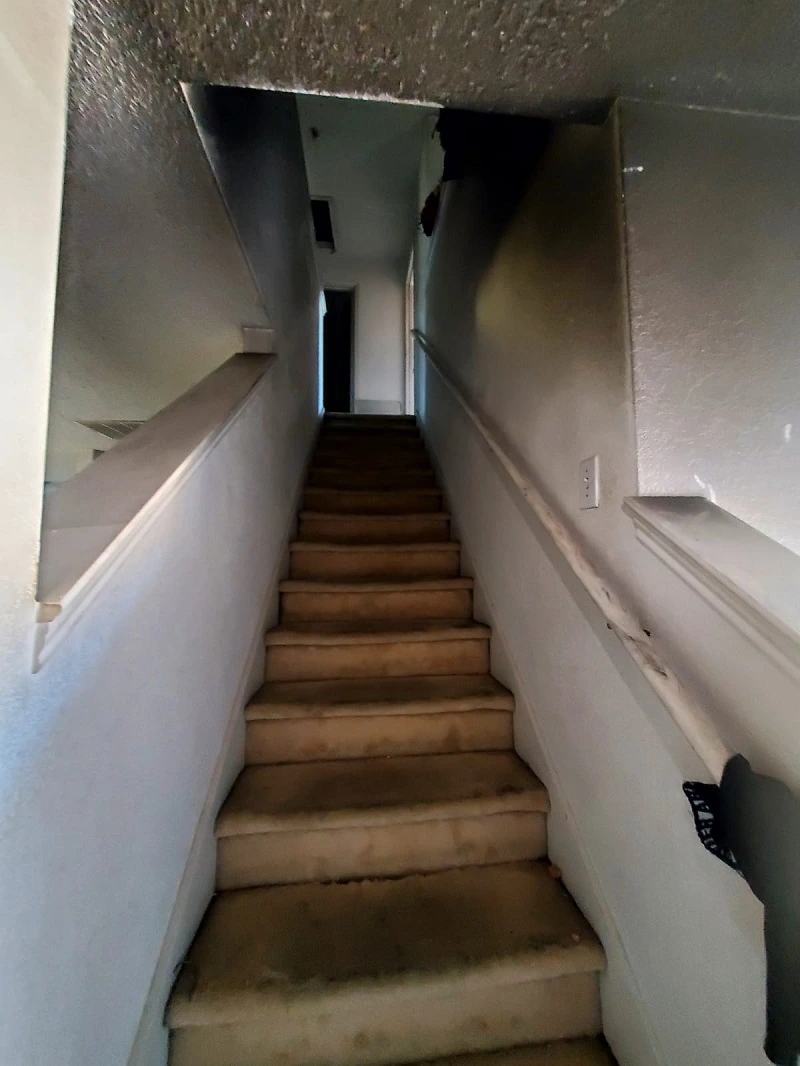
Legal Requirements And Obligations
Selling a fire-damaged house in Fort Worth reminds me of maneuvering through a complex maze – you need to know exactly where you’re going and what steps to take. I’ve helped many homeowners through this process, and I can tell you that understanding these requirements is crucial for protecting yourself and creating a smooth transaction.
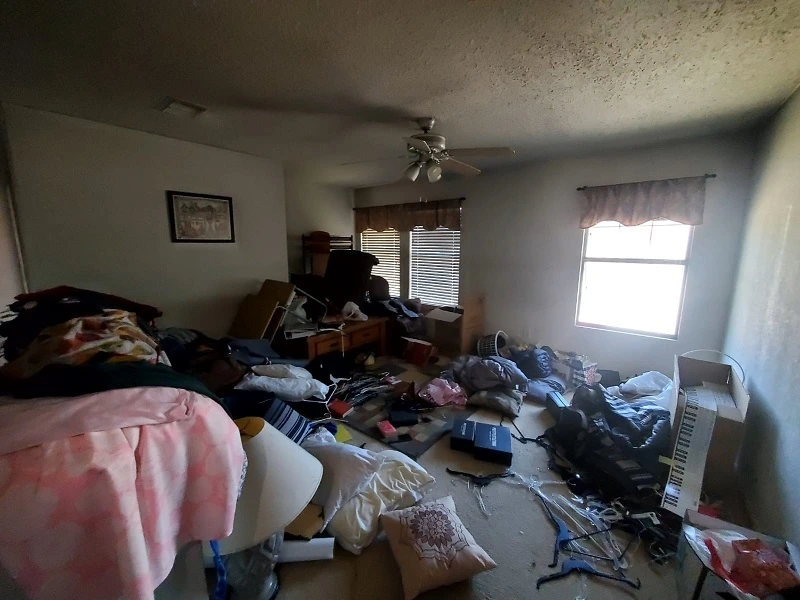
Fort Worth Disclosure Laws
Let me be clear about something I’ve learned from experience: Fort Worth takes property disclosures very seriously, especially with fire damage. As a seller, you’ve got to put all your cards on the table. The Fort Worth Property Code requires you to:
• Disclose every bit of fire damage, even if it happened years ago
• Paint a clear picture of how extensive the damage was
• Share the complete story of repairs and restoration efforts
• Be upfront about any lingering issues from the fire
I’ve seen firsthand how being honest and transparent not only keeps you legally protected but also builds the kind of trust that leads to successful sales.
Required Documentation
Think of documentation as your safety net – it protects you and gives buyers peace of mind. Here’s what you’ll need to keep handy:
• Detailed fire department reports and incident records
• All insurance claim documents and related correspondence
• Written estimates and paid invoices for repairs
• Professional assessment reports from qualified experts
• Building permits and completion certificates
• Before-and-after photos documenting damage and repairs
I always recommend keeping these documents well-organized in a digital format. Trust me, you’ll be glad you did when potential buyers start asking questions.
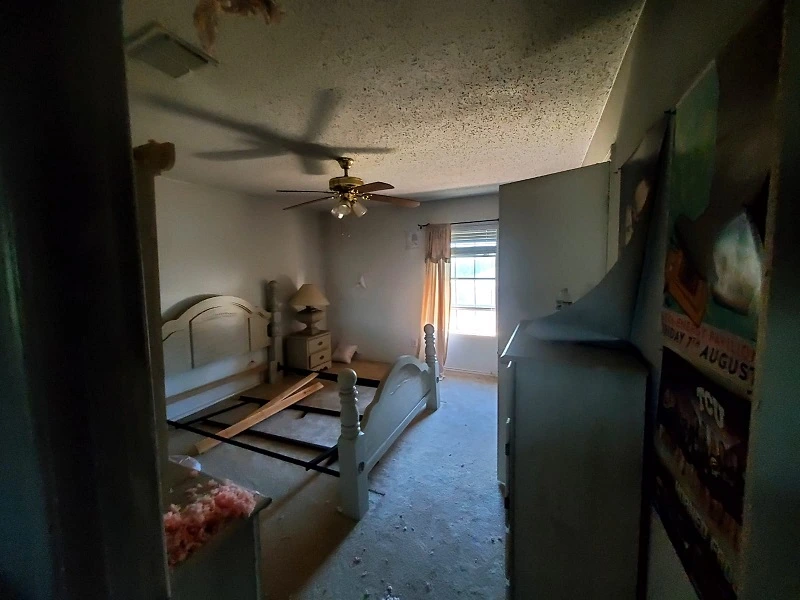
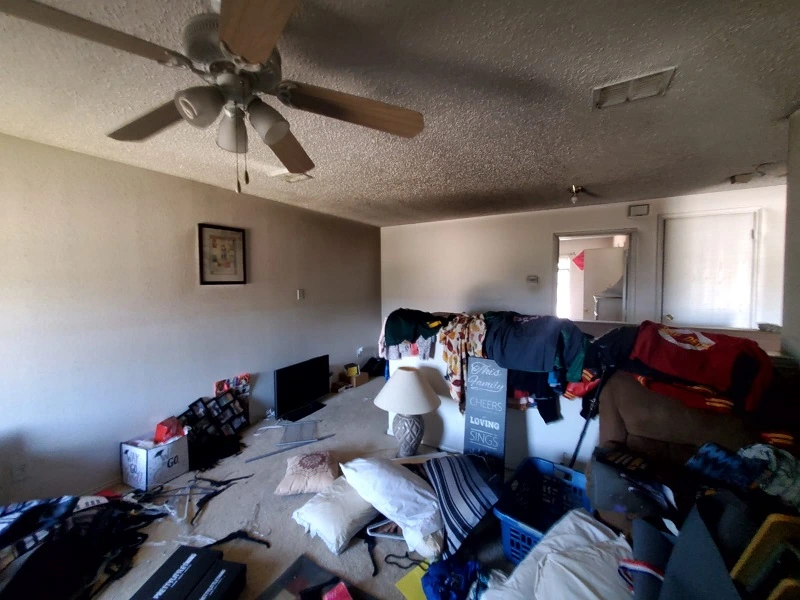
Insurance Claim Considerations
Having dealt with numerous insurance claims, I know that timing is everything when selling a fire-damaged property. You’ll need to tackle these essential elements:
• Complete and accurate filing of all insurance claims
• Clear understanding of how ongoing claims affect your sale
• Knowledge of insurance proceed transferability
•Strategic timing of settlements with your sale timeline
I’ve found that maintaining open communication with your insurance provider makes this process much smoother for everyone involved.
Property Inspection Requirements
While Fort Worth law doesn’t specifically mandate inspections for fire-damaged properties, I strongly recommend getting these key assessments:
• Detailed structural integrity evaluations
• Detailed electrical system safety checks
• Professional air quality analysis
• Thorough mold detection and documentation
• Complete building code compliance verification
These inspections do more than just protect you legally – they provide concrete evidence of your property’s condition and help justify your asking price. Plus, they give buyers the confidence to move forward with the purchase.
I’ve seen how meeting these legal requirements creates a foundation of trust that leads to successful sales. Working with experienced professionals who know Fort Worth property law inside and out can make all the difference in protecting your interests and closing the deal smoothly.
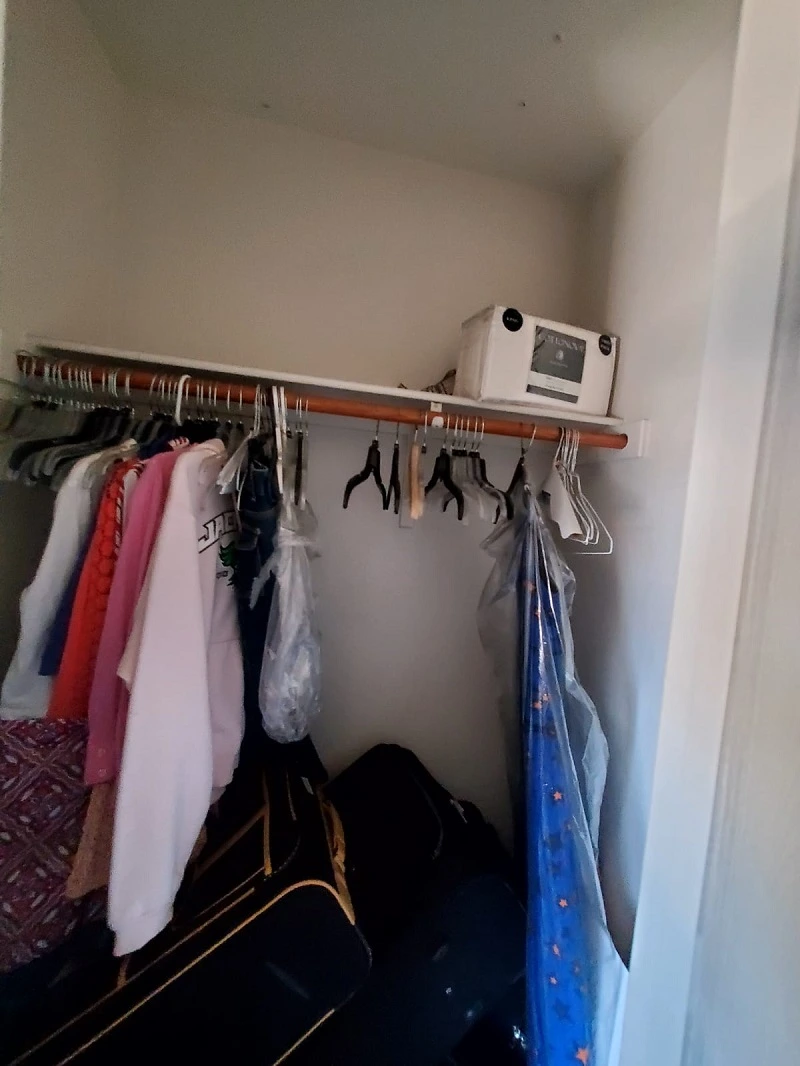
Making The Right Choice: Repair Or Sell As-Is
One of the most significant decisions you’ll face when dealing with a fire-damaged house in Fort Worth is whether to invest in repairs or sell the property as-is. I’ve helped numerous homeowners explore this challenging crossroad, and I can tell you firsthand that each situation requires careful consideration of multiple factors.

Cost-Benefit Analysis
Let me walk you through the essential financial considerations I’ve learned from years of experience. Start by getting a professional assessment of your fire damage to understand the full scope of repairs needed. Here’s what you’ll need to evaluate:
Immediate repair costs:
• Structural repairs
• Smoke damage remediation
• Water damage from firefighting efforts
• Electrical system replacement
• Potential mold remediation
Long-term financial impact:
• Post-repair property value
• Current as-is cash offers
• Insurance coverage and limitations
• Property tax ramifications
Timeline Considerations
Time can make or break your decision, and I’ve seen this play out repeatedly in the Fort Worth market. While selling as-is to a cash buyer typically wraps up within 2-3 weeks, repairs can stretch anywhere from 3-12 months, depending on damage severity and contractor availability.
Think about your immediate needs:
• Can you manage temporary housing during repairs?
• Are you able to handle mortgage payments while • the property sits vacant?
• Do you have the bandwidth to oversee a renovation project?
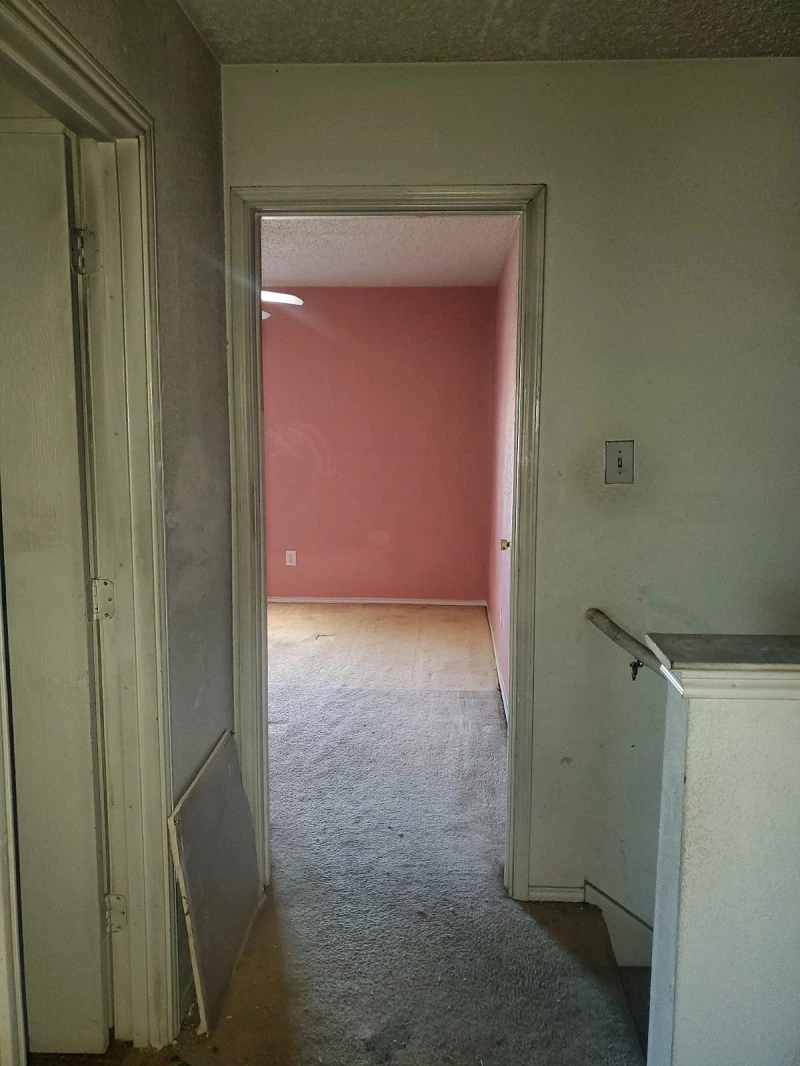
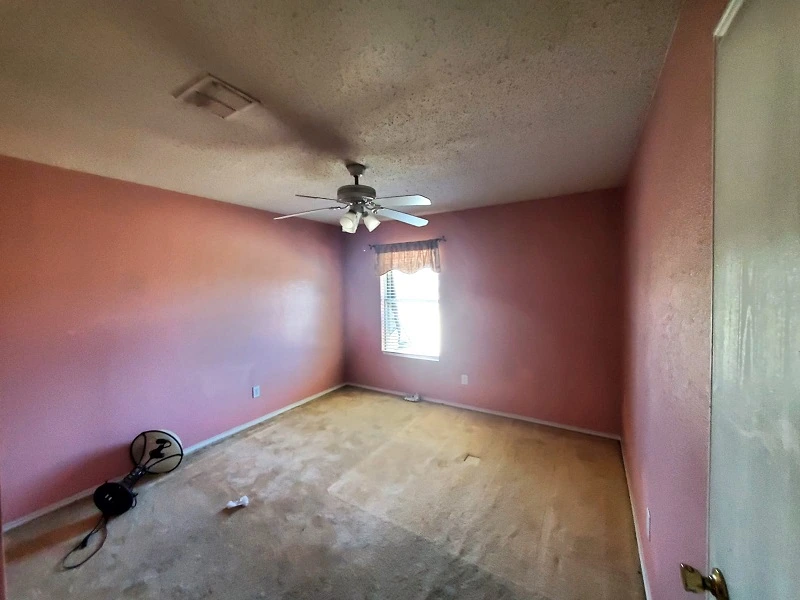
Market Conditions Impact
The Fort Worth real estate market’s current state will significantly influence your decision’s financial outcome. I’ve noticed that strong seller’s markets often justify repair investments, as buyers compete more aggressively for move-in-ready homes.
Key market factors to consider:
• Local property values and trends
• Investor activity in your area
• Comparable sales of both renovated and as-is properties
• Construction costs and contractor availability
• Seasonal market fluctuations
Family Circumstances Factor
Your personal situation plays a crucial role in this decision, and I’ve seen how family needs often outweigh purely financial considerations. Take a moment to evaluate:
Immediate priorities:
Current financial stability
Emergency fund availability
Alternative housing options
Family’s emotional attachment to the home
Long-term considerations:
Future housing plans
Investment goals
Community ties
Children’s school situations
Work commute impact
The emotional and practical aspects of your decision deserve equal attention. From my experience, some families find tremendous relief in a quick as-is sale, while others gain satisfaction from rebuilding their beloved home. Both choices are valid, depending on your specific circumstances.
Remember, you’re not just making a financial decision – you’re choosing the best path forward for your family’s well-being. Take time to gather quotes, consult with real estate professionals, and discuss options with your loved ones before making your final choice.
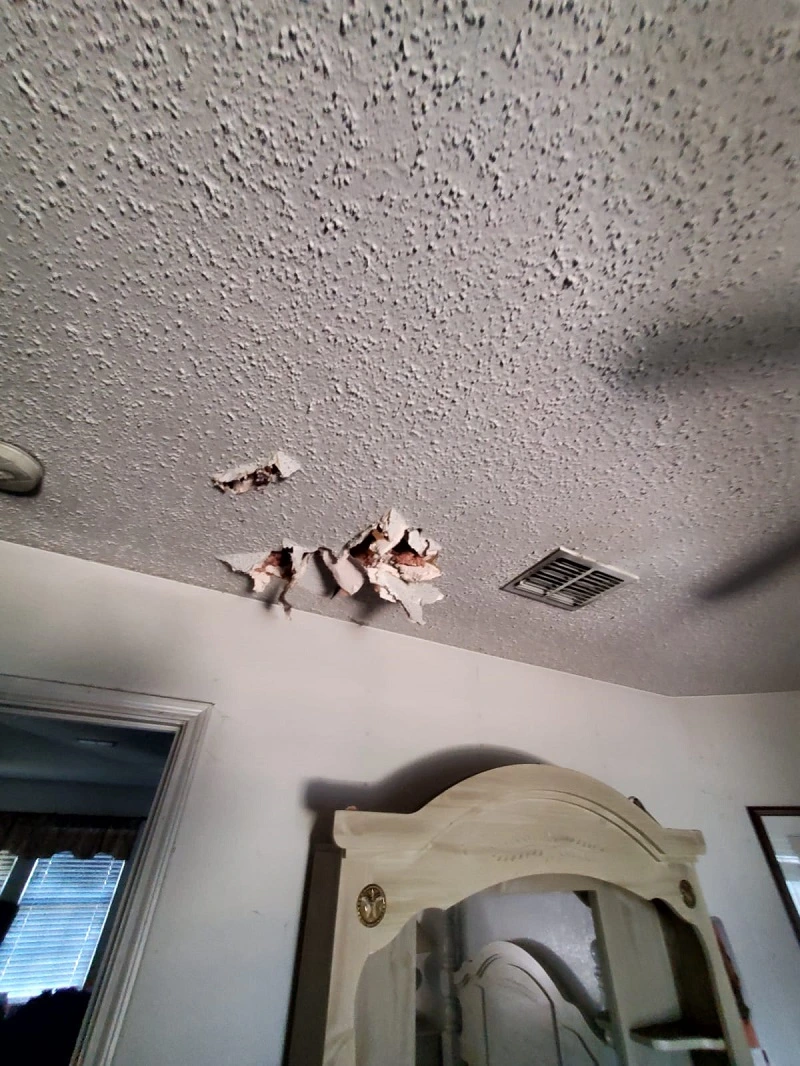
Steps To Maximize Sale Value
Even with fire damage, you can optimize your property’s sale value in the Fort Worth market. I’ve helped numerous homeowners handle this challenging situation, and I’ve found that a strategic approach to documentation, pricing, marketing, and negotiations consistently delivers the best results.
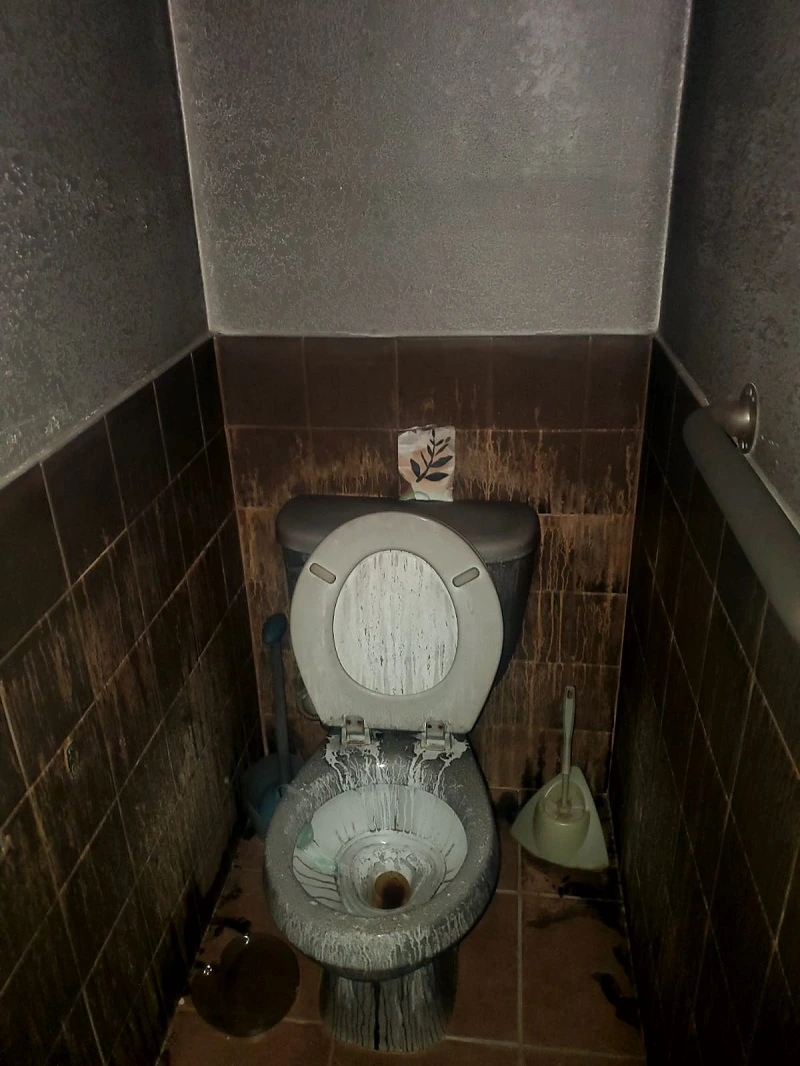
Professional Documentation
Creating thorough documentation is your ticket to maximizing value. Here’s what you’ll need to gather:
• Fire department incident reports
•Insurance claim documentation
•Professional damage assessments
• Detailed repair estimates from licensed contractors
• Photos of damage and any completed repairs
• Permits and inspection records
Having detailed records not only establishes credibility but also helps justify your asking price. Fort Worth law mandates full disclosure of fire damage, so maintaining organized documentation ensures both legal compliance and buyer confidence.
Strategic Price Setting
Setting the right price for your fire-damaged property isn’t just about numbers – it’s about understanding the market psychology. I’ve found that working with local real estate professionals who specialize in damaged properties can provide invaluable insights. Consider these key factors:
• Recent sales of similar damaged properties in your area
• Current market conditions and trends
• Property’s location and lot value
• Estimated renovation costs
• Potential return on investment for buyers
While investors and cash buyers typically expect a 20-30% discount, don’t rush to slash your price. The key is finding that sweet spot where serious buyers see value while protecting your financial interests.
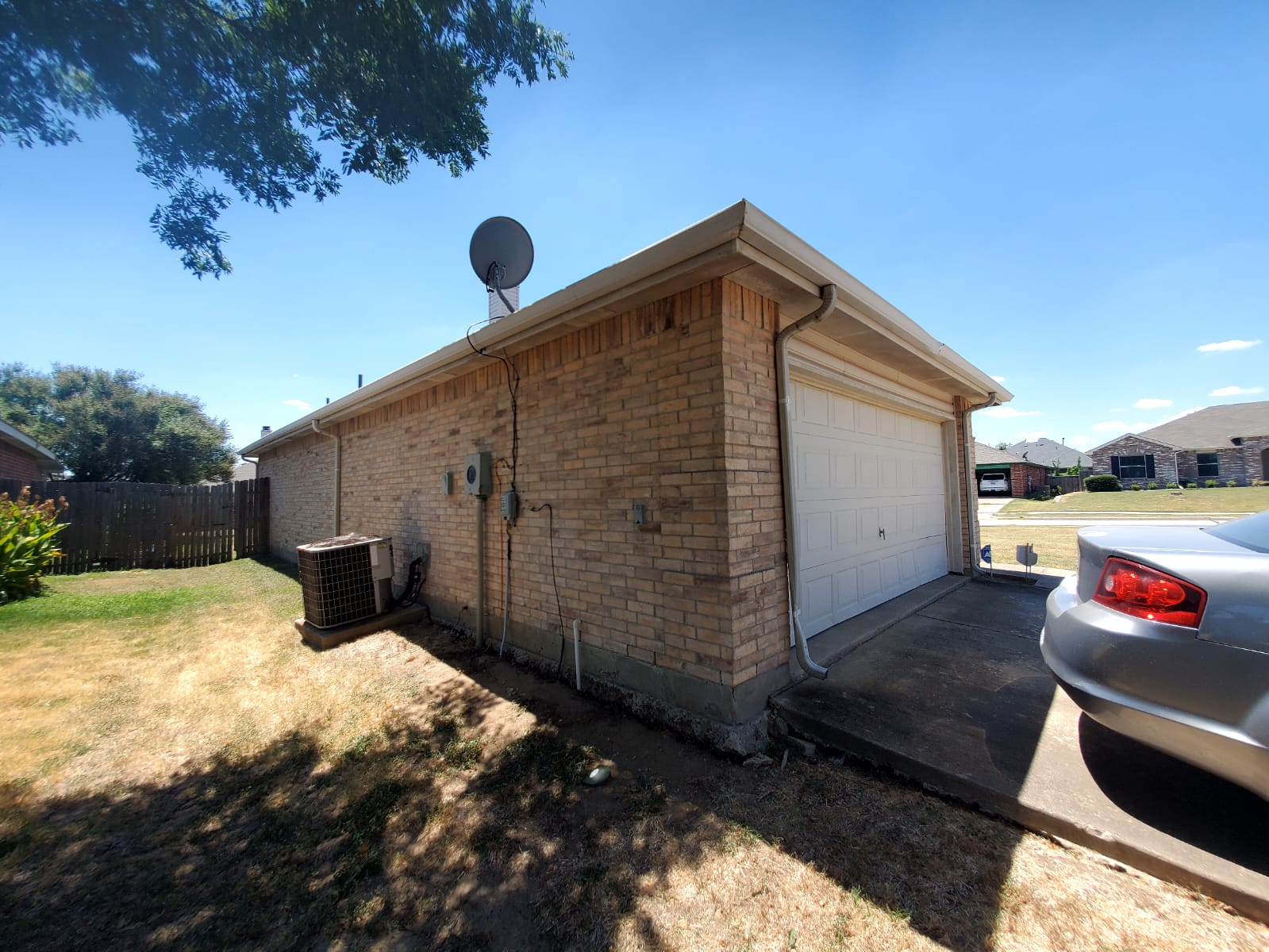
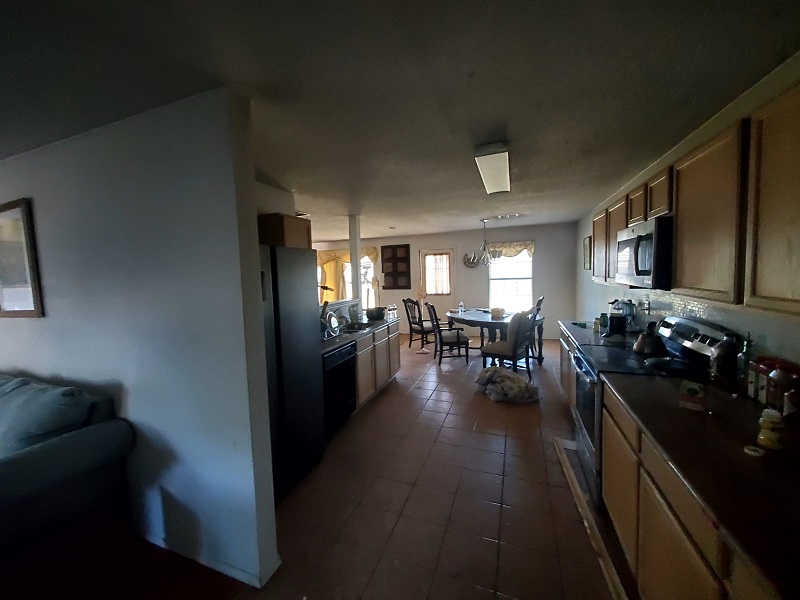
Effective Marketing Approaches
Marketing a fire-damaged house requires highlighting its hidden potential rather than dwelling on current conditions. Here’s what I’ve found works best:
• Focus on valuable features like location, lot size, and neighborhood amenities
• Create detailed property information packets with all documentation
• Use professional photography that honestly represents the condition
• Emphasize the property’s potential value after repairs
• Target marketing to investors and renovation specialists
• Showcase any unique architectural features that survived the damage
This transparent approach builds trust with potential buyers and often leads to stronger offers.
Negotiation Strategies
Knowledge and preparation are your best allies during negotiations. Having thorough documentation and understanding your property’s true value gives you a strong strategic edge. Here are proven negotiation tactics:
• Present clear pricing rationale backed by market data
• Stay adaptable on terms while remaining firm on essential value
• Consider creative solutions like flexible closing timelines
• Maintain multiple interested parties when possible
• Work with experienced professionals who understand damaged property sales
Be prepared to explain renovation potential and costs
Remember, successful negotiations often involve finding win-win solutions. I’ve seen many sellers achieve better-than-expected results by remaining patient and strategic throughout the process.
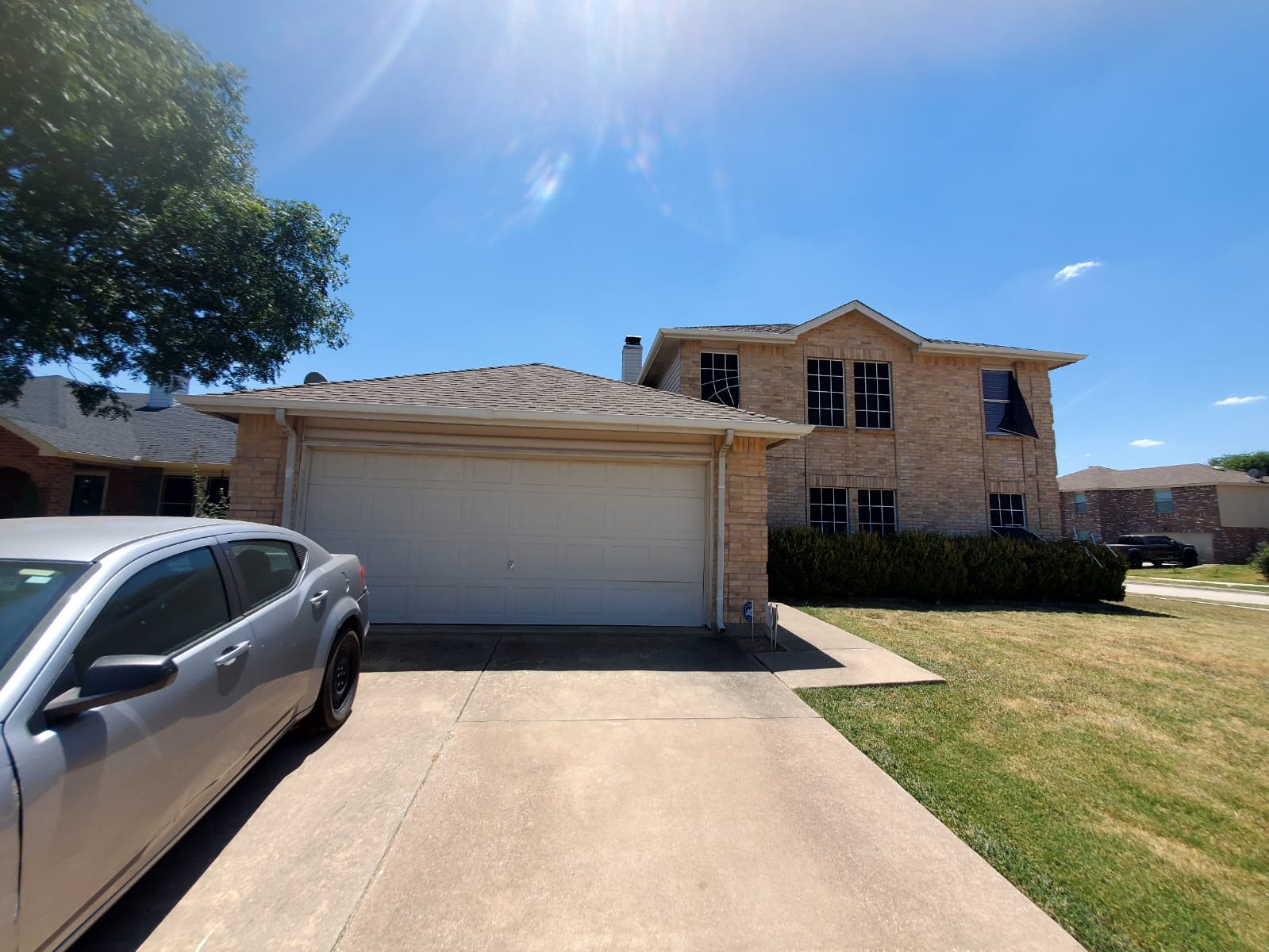
Frequently Asked Questions
I’ve seen various timelines in the Fort Worth real estate market, and it really comes down to your selling approach. Working with cash buyers or investors is lightning-fast – you can often close in just 7-14 days.
Going the traditional market route? That usually takes a few months, especially if your property needs repairs. From my experience, factors like damage severity and local market interactions play a huge role in determining your final timeline.
Real estate investors, cash buyers, and renovation specialists make up the primary market for fire-damaged homes. These buyers bring valuable experience with damaged properties and can make swift decisions without traditional financing hurdles.
I’ve found they’re particularly attractive sellers because they’ll typically purchase properties as-is and tackle all the renovation work themselves.
Here’s the good news – you don’t need to fix everything before selling. Many buyers (especially investors and cash buyers) actually prefer purchasing fire-damaged properties in their current condition.
While repairs could boost your property’s value, selling as-is offers a quicker, stress-free solution without requiring you to spend money upfront on costly repair.
The impact on your home’s value varies significantly based on three key factors:
• Minor smoke damage: Usually reduces value by 10-20%
• Severe structural damage: Can decrease value by 40-60% or more
• Location and market conditions: May influence the final impac
Fort Worth law requires detailed documentation for fire-damaged property sales. Here’s what you’ll need to gather:
• Fire department reports
• Insurance claim documents
• Professional damage assessments
• Repair estimates
• Related permits and inspections
• Completed seller’s disclosure form detailing the incident and repairs
Remember, full transparency about fire damage isn’t just helpful – it’s legally required in Fort Worth. Make sure to document everything thoroughly to ensure a smooth selling process.
What You Should Do After A House Fire In Fort Worth
In the aftermath of a house fire in Fort Worth, immediate actions are crucial to address the situation. Here are the steps you should take:
Quick Checklist
1. Contact the fire department for a report.
2. Speak with your insurance company to assess any damage.
3. File an insurance claim.
4. Adhere to legal disclosure requirements when selling a fire-damaged house in Fort Worth.
Depending on your decision to repair or sell the fire-damaged house, you will need to:
1. Assess the damage
2. Contact insurance
3. Obtain multiple quotes
4. Budget for unexpected expenses
5. Work with insurance to get your payout
6. Complete repairs
7. List on the market
Collaborating with an adjuster can assist in evaluating damage and repairs and guarantee an equitable settlement when submitting a fire insurance claim.
Sell Your House After A Fire For Cash in Fort Worth Today
Selling a fire-damaged house in Fort Worth doesn’t have to be overwhelming. Let me break down your options to make this challenging situation more manageable:
• Quick Sale Path: Working with cash buyers or investors who purchase properties as-is can provide a swift, hassle-free transaction.
• Traditional Market Path: Investing in strategic repairs and listing on the open market could maximize your returns, especially in Fort Worth’s changing real estate terrain.
I’ve seen numerous property owners successfully traverse this journey through various channels:
• Local real estate investors
• Renovation specialists
• Traditional homebuyers
• Real estate investment companies
The key to success lies in proper documentation and transparent disclosure of the fire damage. From my experience working with similar properties, I recommend getting a professional assessment to understand the full scope of damage – this becomes your roadmap for moving forward.
Remember, every fire-damaged property has potential – it’s about finding the right match between your situation and the available solutions. With the right approach and proper guidance, you can turn this challenging situation into a successful sale and move forward with your life.
Sell Fire Damaged House Fort Worth!
If a simple home sale that closes on your schedule sounds like what you need, come check us out. You can request a free quote for your house by filling out our form below!
We’ll Give You A No Pressure As-Is Cash Offer in 24 Hours
We’re Local, Can Close in 10 Days, Fast Cash
